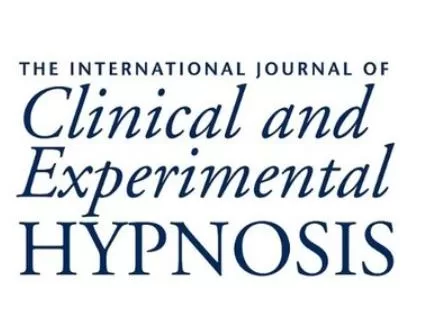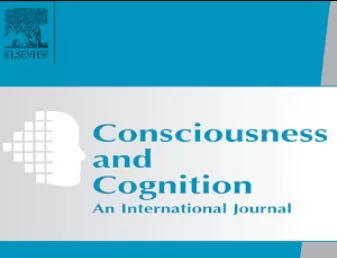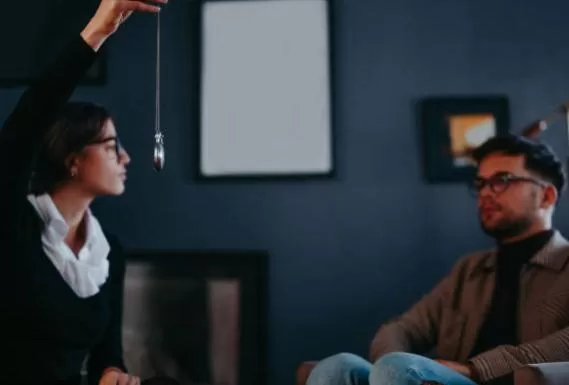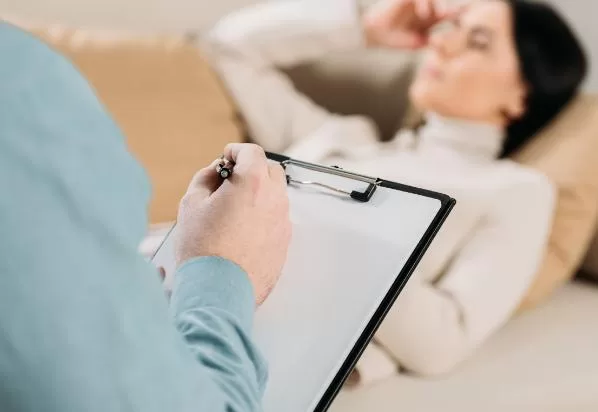Can Hypnosis Be Used To Improve Creativity?
Learn how hypnosis can be used to help unlock your creativity.

Selfpause Affirmation App
Download the app to get 1,000’s of affirmation meditations and everything you need to write, record and listen to your own.
Hypnosis has long been linked to a variety of therapeutic advantages, such as stress reduction, pain treatment, and smoking cessation. In recent years, however, researchers have begun to investigate the possibility of hypnosis as a technique for increasing creativity. While the idea of utilizing hypnosis to boost creativity may seem far-fetched to some, there is mounting evidence that hypnosis has the capacity to unlock the creative potential within all of us.
To understand how hypnosis may influence creativity, first grasp what hypnosis is and how it works. Hypnosis is a trance-like state in which the subject becomes extremely receptive to suggestions. A person’s focus and attention become more acute in this state, allowing them to be more open to new ideas and perspectives. A professional hypnotist normally induces hypnosis through a succession of relaxation methods and vocal recommendations.
Hypnosis may boost creativity by allowing people to reach their subconscious thoughts. The subconscious mind is said to be the source of our intuition, creativity, and imagination since it functions below the level of conscious awareness. Individuals may be able to tap into their inner creativity and produce fresh ideas and views by accessing the subconscious mind through hypnosis.

This theory has been supported by research, with studies demonstrating that hypnosis can boost creativity in a variety of ways. A research published in the International Journal of Clinical and Experimental Hypnosis, for example, discovered that hypnosis increased creative performance on a divergent thinking assignment, which includes coming up with multiple solutions to a problem. Those who received hypnosis created much more creative thoughts than those who did not.

Another study published in the journal Consciousness and Cognition discovered that hypnosis boosted participants’ thinking flexibility, which is a critical component of creativity. Those who underwent hypnosis were better able to move their focus between different facets of a problem, allowing them to come up with more imaginative solutions, according to the researchers.
In addition to improving creative thinking, hypnosis may help people overcome mental blockages that keep them from being creative. Many people, for example, suffer from “creative anxiety,” which is the dread of being assessed or criticized for their creative product. This dread can paralyze people and hinder them from exploring their creative potential. Hypnosis can help people overcome their anxiety by boosting relaxation and confidence, allowing them to feel more at ease exploring their creativity without fear of being judged.
Hypnosis can also assist people break free from inflexible thought habits that keep them from coming up with new ideas. This is because hypnosis can help people reach their subconscious mind, which is where fresh and innovative ideas are frequently produced. Individuals may be able to break out from their habitual methods of thinking by accessing this area of the mind and generating new and unique thoughts.

Regardless of the possible benefits of hypnosis for creativity, it is crucial to realize that not everyone responds to hypnosis in the same manner. Some people are more susceptible to hypnosis than others, and the success of hypnosis for boosting creativity may be influenced by a variety of factors, including the individual’s level of suggestibility, motivation to be creative, and willingness to engage in the hypnotic process.
It’s also worth emphasizing that hypnosis isn’t a panacea for improving creativity. While it may assist individuals in accessing their inner creativity and generating new ideas, it is still the individual’s responsibility to develop and perfect their creative skills. In other words, while hypnosis can improve creativity, it is not a substitute for hard effort and practice.
Can hypnosis be used to boost creativity? The answer appears to be yes, with emerging research indicating that hypnosis can improve creative thinking and assist individuals in overcoming mental obstacles that impede them from realizing their creative potential. It should be noted, however, that hypnosis is not a sure treatment for everyone, and results may vary depending on individual conditions.
If you want to use hypnosis to improve your creativity, you need engage with a skilled hypnotherapist who can assist you through the process. Hypnosis should never be undertaken without the supervision of a skilled practitioner, as it can be harmful if not performed appropriately.
A hypnotherapist may employ a range of approaches to help you reach your subconscious mind and produce new ideas during creative hypnosis sessions. Visualization exercises, positive affirmations, and guided imagery are examples of these practices.

“Ideomotor questioning” is a frequent method used in hypnosis for creativity. This technique entails requesting answers from the subconscious mind to specific inquiries or difficulties. The hypnotherapist will instruct the client to hold a specific finger or hand position to signify “yes” or “no” responses from the subconscious mind, allowing the client to get answers to their queries without being interrupted by conscious thought.
“Future pacing” is another technique widely utilized in hypnosis for creativity. This technique entails visualizing yourself in a future scenario in which you have fulfilled your creative objectives. By carefully imagining this future scenario, you can produce a tremendous motivating force that will assist you in overcoming mental blockages and generating new ideas.
Therefore, while hypnosis is not a panacea for creativity, it can be a powerful tool for unleashing the creative potential that exists inside all of us. Hypnosis can help people generate new ideas, overcome mental blockages, and strengthen their creative skills by accessing the subconscious mind and boosting relaxation and confidence. If you want to use hypnosis for creativity, make sure you work with a certified hypnotherapist and go in with an open mind and a readiness to discover your inner creativity.
